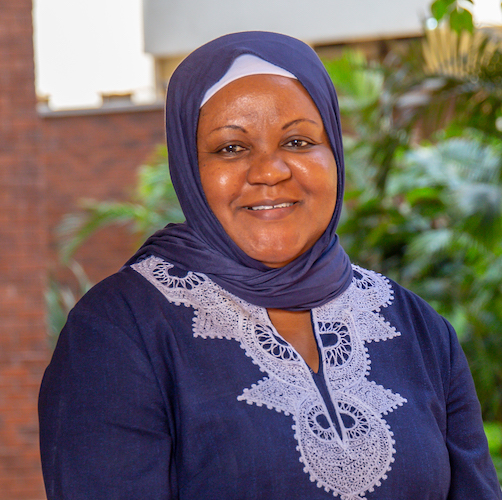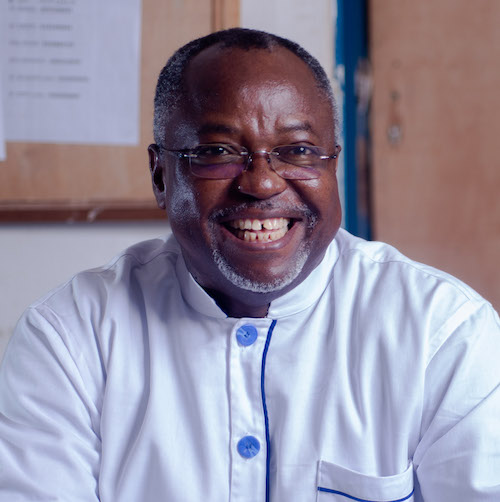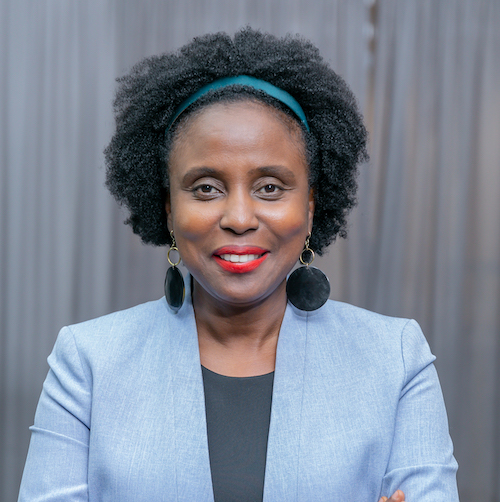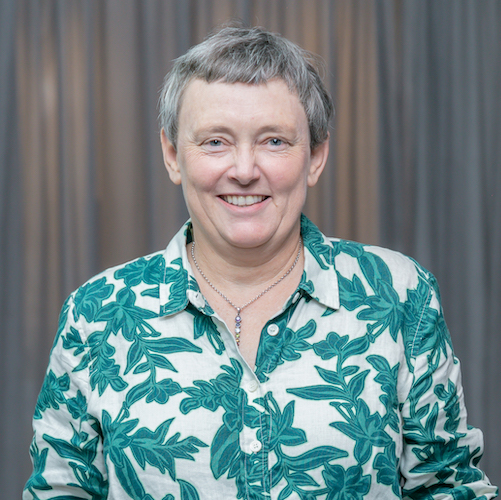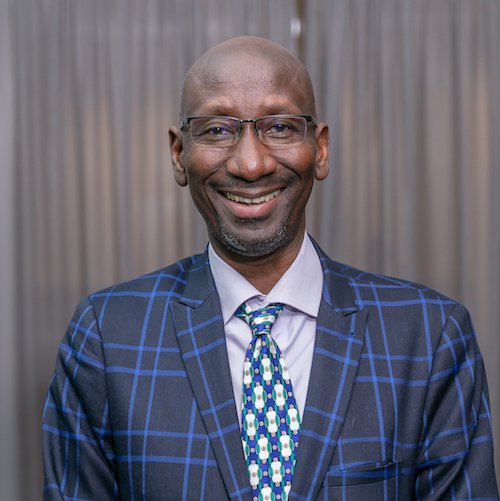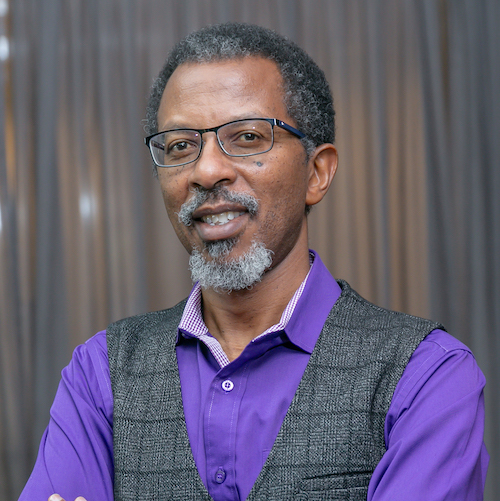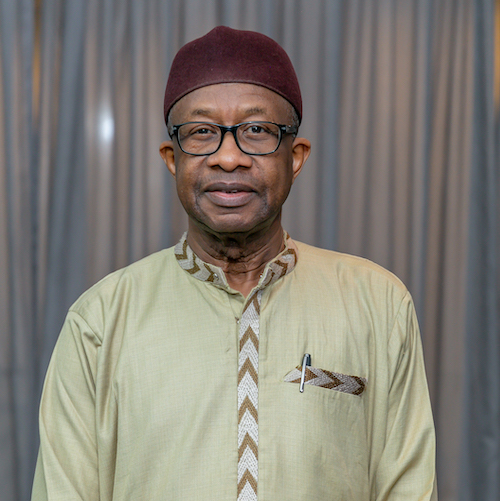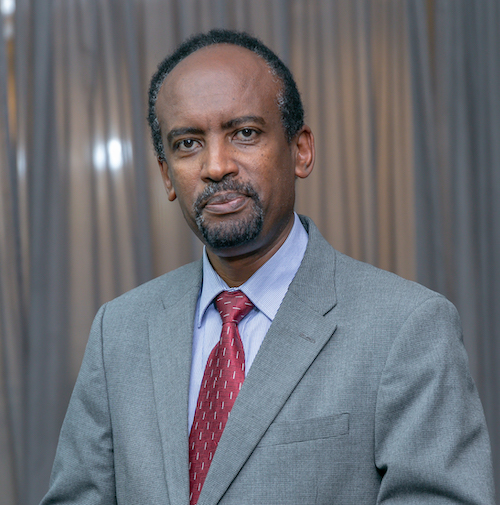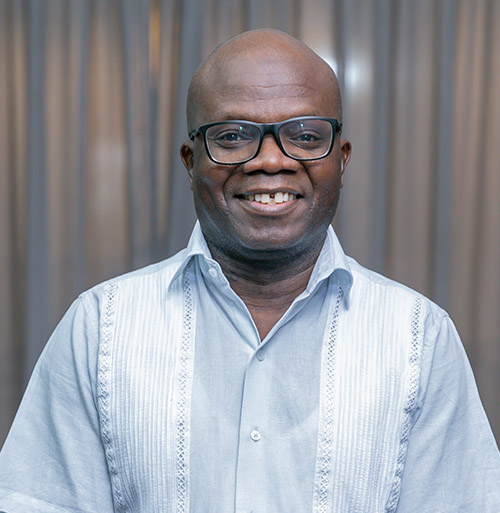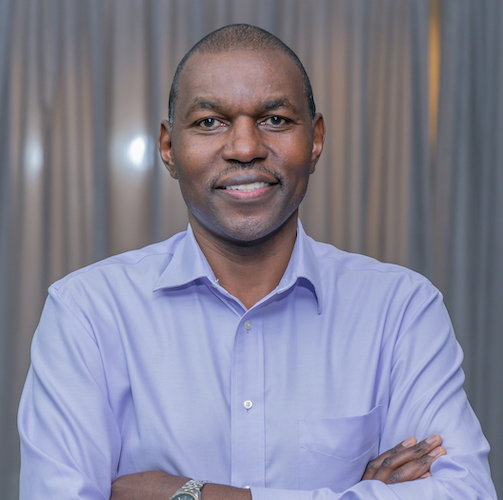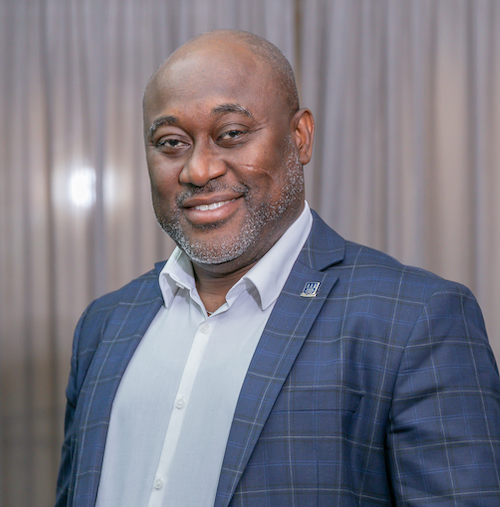
Cross Pharma Capacity Development Initiative (CPCDI)
Sustainably bringing more clinical trials
to Africa
Science Innovation Pathways | Clinical Research & Trials Community (CRTC) |Cross Pharma Capacity Development Initiative (CPCDI)
WHAT WE DO
CPCDIThe Cross Pharma Capacity Development Initiative (CPCDI) is an initiative with biopharmaceutical companies and stakeholders with an aim to draw together local and sector partners to collectively develop clinical trial capacity and sustainably bring more clinical trials to Africa.
The CPCDI aims to increase the number of clinical trials conducted in Africa and to improve access to cutting-edge treatments for patients in the region by leveraging various industry partner and stakeholder’s strengths and facilitate the coordination of joint and prioritised activities to achieve its objectives of:
- Increasing the capacity for clinical research in Africa: Through training local scientists and researchers, building infrastructure and laboratory facilities, and improving regulatory processes to make it easier to conduct clinical trials in the region.
- Promoting collaboration and coordination among industry players: By bringing together different stakeholders (e.g., pharmaceutical companies, research institutions, governments) to work together on common goals, such as identifying priority areas for clinical research or developing strategies to increase funding for clinical trials in Africa.
- Increasing visibility for clinical research capabilities in Africa: Promoting the research capabilities of African institutions and scientists, as well as highlighting the importance of conducting clinical trials in the region.
- Identifying and addressing gaps in clinical trial capacity: Conducting assessments of existing clinical trial capacity in Africa, identifying areas where capacity is lacking, and implementing initiatives to address those gaps.
- Improving access to cutting-edge treatments for patients in Africa: Increasing the number of clinical trials conducted in the region, as well as working to ensure that new treatments developed through these trials are made available to patients in Africa.
SFA Foundation

CPCDI aims to increase clinical research and trial investments on the continent by drawing together local and sector partners to collectively develop clinical trial capacity and sustainably bring more trials to Africa.
About the Advisory Committee
The CPCDI Advisory Committee brings together a distinguished group of experts from various organisations committed to advancing clinical research capacity in Africa. The members provide strategic guidance and support to enhance the initiative's impact and sustainability. Through their expertise, the Advisory Committee supports the initiative's growth by integrating industry and researchers perspectives, promoting visibility, and encouraging collaboration between African clinical research stakeholders and industry partners to ensure a robust, well-aligned clinical research environment in Africa.

Executive Vice President, Roche Diagnostics Africa

Vice President, R&ED Digital Transformation, Novo Nordisk

Senior Director, Clinical Research Equity, Johnson & Johnson Innovative Medicine
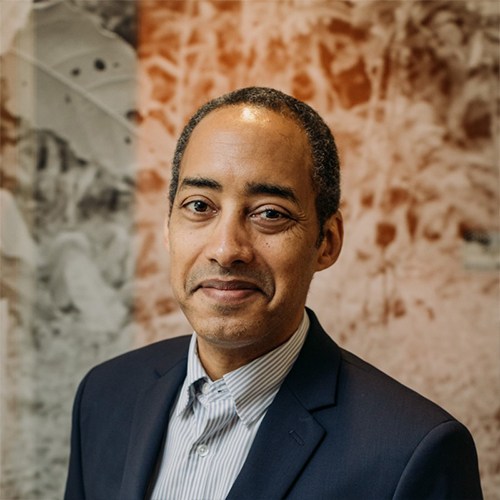
Vice President, Global Strategy at FHI Clinical Inc

Head of corporate Risk and Sustainability Chapter East Africa, Roche-Kenya

Head, Global Health Department, Kwame Nkrumah University of Science and Technology

Head, Global Health Institut, Merck
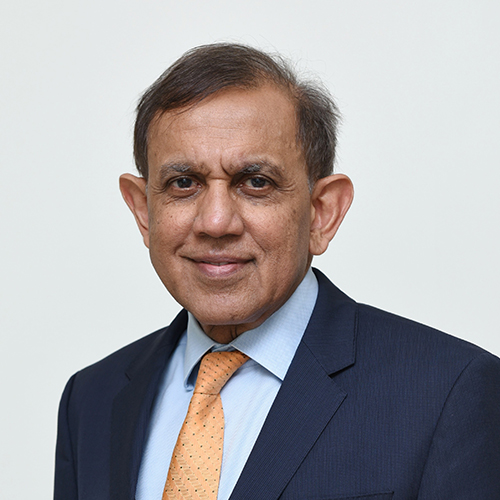
Founding Chair, Department of Hematology-Oncology, Aga Khan University, Nairobi, Kenya

Strategic Lead, Clinical Trial Diversity at GSK

Senior Medical Officer, PATH, CVIA Clinical, Kenya

Senior Pharmaceutical Expert & HATCH Founder
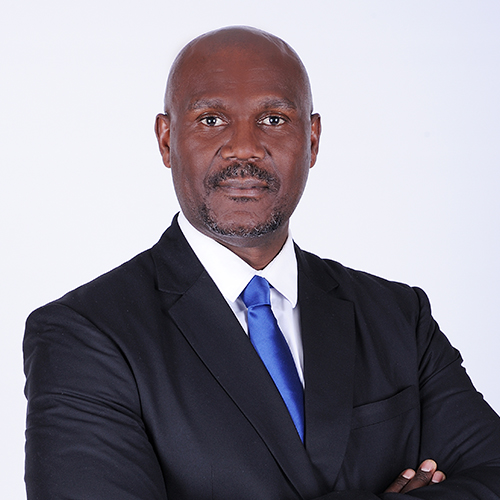
Founder, President and CEO, Kiara Health
How will science policy engagement drive impact:
- If R&I is to deliver maximum impact and positively change the lives of African people and societies, findings from Africa led R&I research programmes should be translated into recommendations that can be implemented within policy and practice in Africa.
- Contribute to efficiency and effectiveness within programmes through best practice.
- Ensure the right questions are formulated, asked, and answered through an African lens.
- Highlight gaps and key points of evidence within context and in an accurate manner to facilitate comprehension and use.
- Promote shared understanding, trust and collaboration for meaningful work that drives change regionally and globally
- Place African experts and policymakers at the centre of science-led policymaking processes in Africa
- Place contextually relevant data and perspectives at the centre of science-led decision-making process in Africa.
Activities being implemented by SPEAR
Artificial intelligence (AI) and Data Science policy gaps from an African perspective. The African STI landscape is witnessing the emergence of AI and Data Science across various sectors. However, for these technologies to have their full positive impact, it is crucial to develop trust among stakeholders and formulate contextualized policies that support their implementation in the region. This grant aims to address these areas by:
- Convening African stakeholders to examine and comprehend the policy gaps in AI and Data Science in global health from an African perspective, focusing on but not limited to genomics, clinical trials/drug development, and epidemics/pandemics.
- In collaboration with African partners, identifying the research and development goals of AI and data science for the betterment of global health from an African perspective.
- Engaging the public on AI and Data Science policy
" If scientific results are not shared broadly, then the societal benefits are significantly limited. We have a responsibility to ensure that policymakers have access to the best, relevant and up-to-date knowledge available. To achieve Africa’s sustainable development goals, it is critical that policy decisions are informed by contextually relevant evidence”. - Uzma Alam, SPEAR programme lead.
